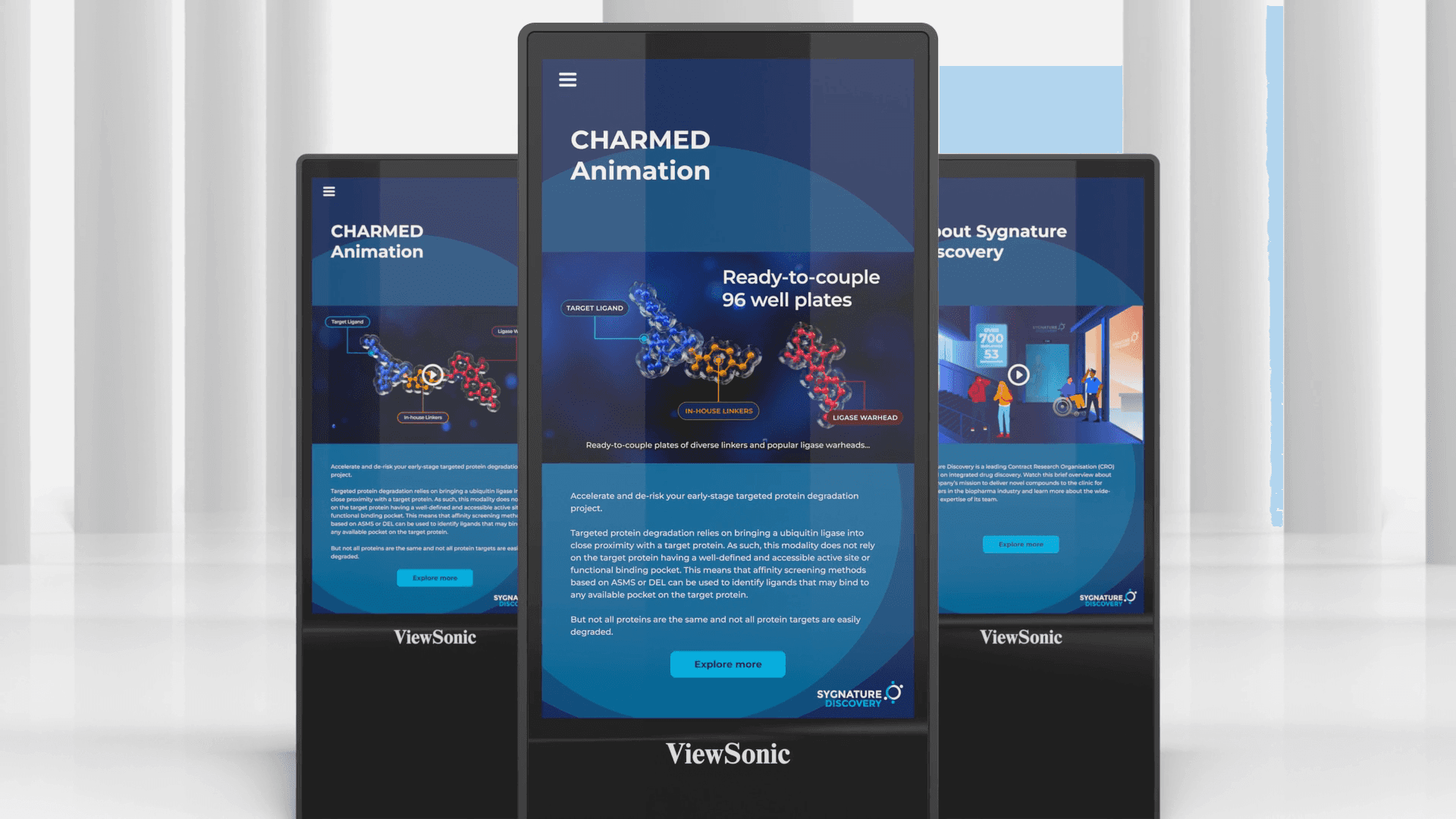Crafting innovative,
sustainable solutions
for industry leaders
A creative agency with a reputation of delivering
outstanding results for our clients
A creative agency with a reputation of delivering outstanding results for our clients
Our offerings
2D/3D Animation
Scripting & shot-boarding
Styleframes & storyboard
Motion graphics design
Voiceover & audio mixing
UX/UI & Web
User Research & Analysis
User Interface Design
Website Design
Website Development
SEO, Analytics & Ongoing Support
Graphic Design
Branding & Guidelines
Sales Collateral
Bid Documents
Interactive Collateral
Video Production
Casting & locations
Scripting & storyboarding
Live capture & direction
Editing & motion graphics
Sound design & mixing
2D/3D Animation
Scripting & shot-boarding
Styleframes & storyboard
Motion graphics design
Voiceover & audio mixing
UX/UI & Web
User Research & Analysis
User Interface Design
Website Design
Website Development
SEO, Analytics & Ongoing Support
Graphic Design
Branding & Guidelines
Sales Collateral
Bid Documents
Interactive Collateral
Video Production
Casting & locations
Scripting & storyboarding
Live capture & direction
Editing & motion graphics
Sound design & mixing
2D/3D Animation
Scripting & shot-boarding
Styleframes & storyboard
Motion graphics design
Voiceover & audio mixing
UX/UI & Web
User Research & Analysis
User Interface Design
Website Design
Website Development
SEO, Analytics & Ongoing Support
Graphic Design
Branding & Guidelines
Sales Collateral
Bid Documents
Interactive Collateral
Video Production
Casting & locations
Scripting & storyboarding
Live capture & direction
Editing & motion graphics
Sound design & mixing




















